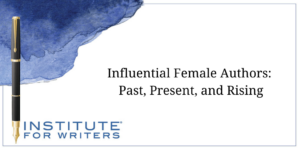
Influential Female Authors: Past, Present, and Rising
We’re going to look at influential female authors of the past, those impacting the present, and whom the industry expects to make a big splash.
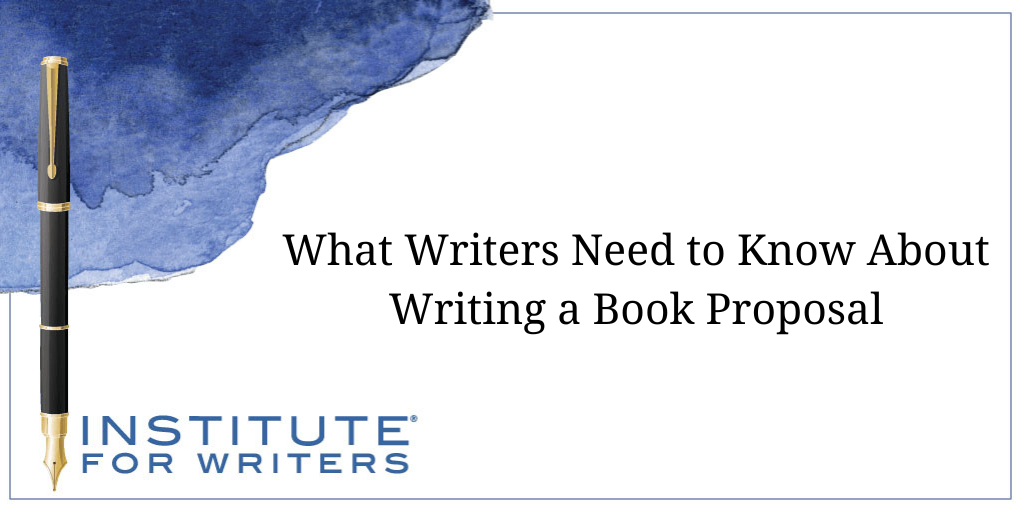
In the previous post, I mentioned that nonfiction books usually require a book proposal as the main part of the submission process. Editors will read through the package (assuming they are interested in the topic the writer has chosen) and decide whether to contract with the writer to complete the book
 A major difference between connecting with a publisher with a fiction or a nonfiction manuscript is that a work of fiction should be complete and polished before submitting it or even beginning the process of looking for a potential publisher or agent. Nonfiction manuscripts may not be complete, but the idea must be well-researched and developed in the writer’s mind. Your well-written proposal package is designed to show an editor the scope of the book and with some luck will cause the editor to email the writer to discuss the possibilities with the book idea.
A major difference between connecting with a publisher with a fiction or a nonfiction manuscript is that a work of fiction should be complete and polished before submitting it or even beginning the process of looking for a potential publisher or agent. Nonfiction manuscripts may not be complete, but the idea must be well-researched and developed in the writer’s mind. Your well-written proposal package is designed to show an editor the scope of the book and with some luck will cause the editor to email the writer to discuss the possibilities with the book idea.
Assessing an editor’s interest in a nonfiction book idea is crucial because most book projects take time and research. A writer wants to know that there is good potential in their chosen topic beyond their own personal curiosity. A contract with a publisher who wants to publish a writer’s completed book—based on a fantastic and complete book proposal—is the best way to move forward with optimism.
Each publisher and editor will have different criteria for their book proposal and this information is available on their website. If you are unable to find “submission guidelines” on a site, it may be because the publisher is not open to submissions. Look for contact information and send an email to an editor there if you are not otherwise able to determine whether they are accepting proposals.
In general, a publisher will want to know exactly what your book is about by way of a table of contents and a detailed outline. This tends to be the first part of the proposal package a writer will complete since it will also crystallize in the writer’s own mind what their book will cover. Each chapter will be first summarized and then described in more detail. The level of detail within the outline and the table of contents will usually be found in the publisher’s submission guidelines. Follow these exactly.
Most proposals include the first three chapters of the book, presented in the absolute best shape possible. That means no errors of any kind, clear and smooth writing, and a high level of interest for the reader. If you don’t hook an editor with these chapters, you likely won’t get another chance.
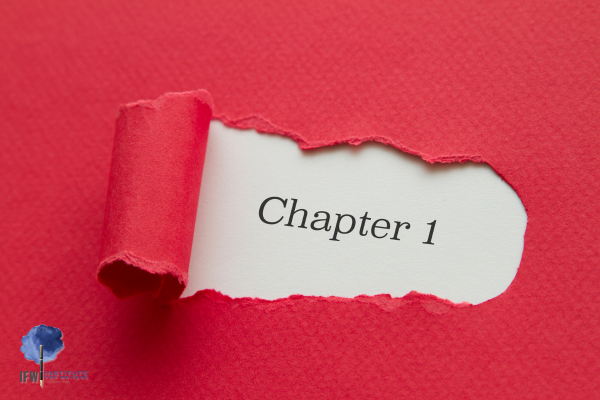 An additional part of your proposal package provides an explanation of why your book is unique in the market and a comparison to other similar published books and how your book idea is different. Finding books for this evaluation can be done by searching any large book-selling site using your topic’s keywords. Perusing titles in an actual bookstore can be helpful too.
An additional part of your proposal package provides an explanation of why your book is unique in the market and a comparison to other similar published books and how your book idea is different. Finding books for this evaluation can be done by searching any large book-selling site using your topic’s keywords. Perusing titles in an actual bookstore can be helpful too.
Don’t make the mistake of thinking your book idea is completely original because editors have a wealth of knowledge about backlisted and current books. Provide the publication details and sales figures on the books you find and then tell how your book is both similar and different from each of them. Mention why you believe this publisher or agent to be a good fit for your project by citing some titles they have published that are somehow connected with your idea, for example, “Since you published A Year Off in 2023 about students who take a gap year before college, my book about nontraditional college students seems a natural fit for XYZ Publishing.”
These proposal components are by no means inclusive but are meant to show what a writer will generally need to pull together as they begin to figure out how they will sell their manuscript idea. Most publishers will want some, most, or all of the pieces of the proposal and some may have their own particular information they consider to be necessary. Ensure you have everything they are seeking, since they won’t ask for what’s missing they will just skip over your proposal.
If you have a good nonfiction idea or a manuscript you have started to draft, you may want to create a checklist of book proposal pieces so you can work on them as you work on researching and drafting the book.
 A good table of contents, with an explanation of what each chapter will be about will help you as you write the book by keeping you on course. Very roughly drafting the first chapters will help you see how your research figures into the book and guide you to the additional information you will need.
A good table of contents, with an explanation of what each chapter will be about will help you as you write the book by keeping you on course. Very roughly drafting the first chapters will help you see how your research figures into the book and guide you to the additional information you will need.
Read a few good books about writing book proposals for additional ideas as you put your own package together. One book that is popular is Write the Perfect Book Proposal (Jeff Herman and Deborah Levine Herman, c2001, Trade Paper Press). The book has actual proposals and tells why they worked, which will be especially helpful as you craft a winning proposal that will sell your book idea.
There are also some good sites online that can help with formatting your proposal and provide tips to help pull it together. See the links below and create the best book proposal package you can to showcase your idea and garner interest with a publisher.
These websites have good suggestions and ideas to help writers pull together their book proposal:
Susan Ludwig, MEd has been an instructor with the Institute of Children’s Literature for almost twenty years. Susan’s writing credits include teacher resource guides, English language learner books, and classroom curriculum for elementary through high school students. A former magazine editor, she assesses students’ written essays as a scoring director for the ACT and SAT exam. When she is not writing or working, she is usually found playing with her grandsons or curled up with a good book.

We’re going to look at influential female authors of the past, those impacting the present, and whom the industry expects to make a big splash.
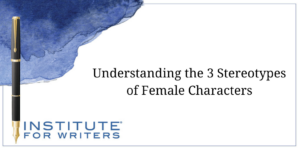
This week, we’re focusing on how we as writers can create strong female characters that others will look up to, instead of harmful stereotypes.
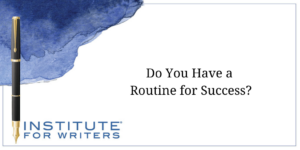
Is your writing routine reaching its potential? Maybe it’s time to take another look so you can see what’s possible for your writing.
1000 N. West Street #1200, Wilmington, DE 19801
© 2024 Direct Learning Systems, Inc. All rights reserved.

1000 N. West Street #1200, Wilmington, DE 19801
© 2025 Direct Learning Systems, Inc. All rights reserved.

1000 N. West Street #1200, Wilmington, DE 19801
©2025 Direct Learning Systems, Inc. All rights reserved. Privacy Policy.